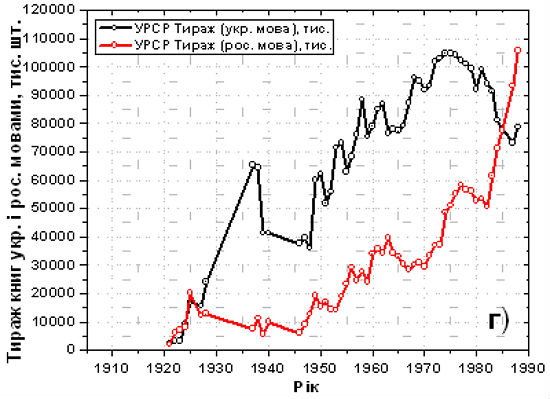History Learner
Well-known member
First, to set the stage for the discussion, we need to understand why the USSR collapsed. From Gorbachev vs. Deng: A Review of Chris Miller’s The Struggle to Save the Soviet Economy:
So with that out of the way, I think the easiest way to prevent the collapse of the USSR would be for Gorbachev to come to power in 1984, directly following Andropov and thus avoiding Chernenko's effectively lame duck term as General Secretary. Why? Gorbachev was a protégé of Andropov and was, as weird as it may seem to modern readers, initially considered a hardliner; it seems likely to me that a less prepared Gorbachev would seek to double down both on Andropov's successful Anti-Corruption campaign but also the latter's ties to the KGB in order to stabilize his rule. Instead of Glasnost and Perestroika, we would have several years of purges that would solidify the party around Gorbachev while also boosting the economy overall. With the party behind him, Gorby could make the economic reforms he needed while maintaining the discipline of the interest groups in the process without the need for the favors trading-based subsidy program of OTL.
As oil prices fell, Gorbachev tried to maintain living standards which resulted in major growth in the budget deficit. Before Gorbachev came to power, the budget was balanced or even had a small surplus. In 1985, the deficit grew to 2% GDP, by 1990, it reached 10% GDP. In 1991, the last year of the Soviet Union, the deficit exceeded astronomical 30% GDP (p. 152).
The fiscal crisis was partly explained by a collapse in global oil prices but was partly handmade. First, Gorbachev’s anti-alcohol campaign reduced revenues from excise taxes. Second, in order to keep the industrial and agricultural lobbies happy, the government continued to subsidize their inputs and raise prices for their outputs. At the same time, in order to pacify the general public, consumer prices were kept low. Gorbachev also avoided cutting expenditure on public goods and tried to maintain living standards. He decided that–unlike Deng–he would not use force to suppress protesters and therefore tried to avoid the situation where people took to the street to voice their economic grievances.
To fund the deficit, the government resorted to borrowing. The foreign debt increased from 30% of GDP in 1985 to 80% of GDP in 1991 (p. 152). As the markets were growing increasingly reluctant to lend, the government funded the deficit by printing money. The official prices were still controlled, so the monetization of budget deficit resulted in “repressed inflation”, increased shortages and higher prices in black markets. Eventually the Soviet Union ran out of cash and collapsed. Miller’s account shows that both oil price shock and the impact of the anti-alcohol campaign were not the major drivers of the fiscal crisis. The main factors were lack of resolve in tackling the interest groups and in maintaining fiscal discipline as well as incompetence in basic economics.
So with that out of the way, I think the easiest way to prevent the collapse of the USSR would be for Gorbachev to come to power in 1984, directly following Andropov and thus avoiding Chernenko's effectively lame duck term as General Secretary. Why? Gorbachev was a protégé of Andropov and was, as weird as it may seem to modern readers, initially considered a hardliner; it seems likely to me that a less prepared Gorbachev would seek to double down both on Andropov's successful Anti-Corruption campaign but also the latter's ties to the KGB in order to stabilize his rule. Instead of Glasnost and Perestroika, we would have several years of purges that would solidify the party around Gorbachev while also boosting the economy overall. With the party behind him, Gorby could make the economic reforms he needed while maintaining the discipline of the interest groups in the process without the need for the favors trading-based subsidy program of OTL.
Last edited:


